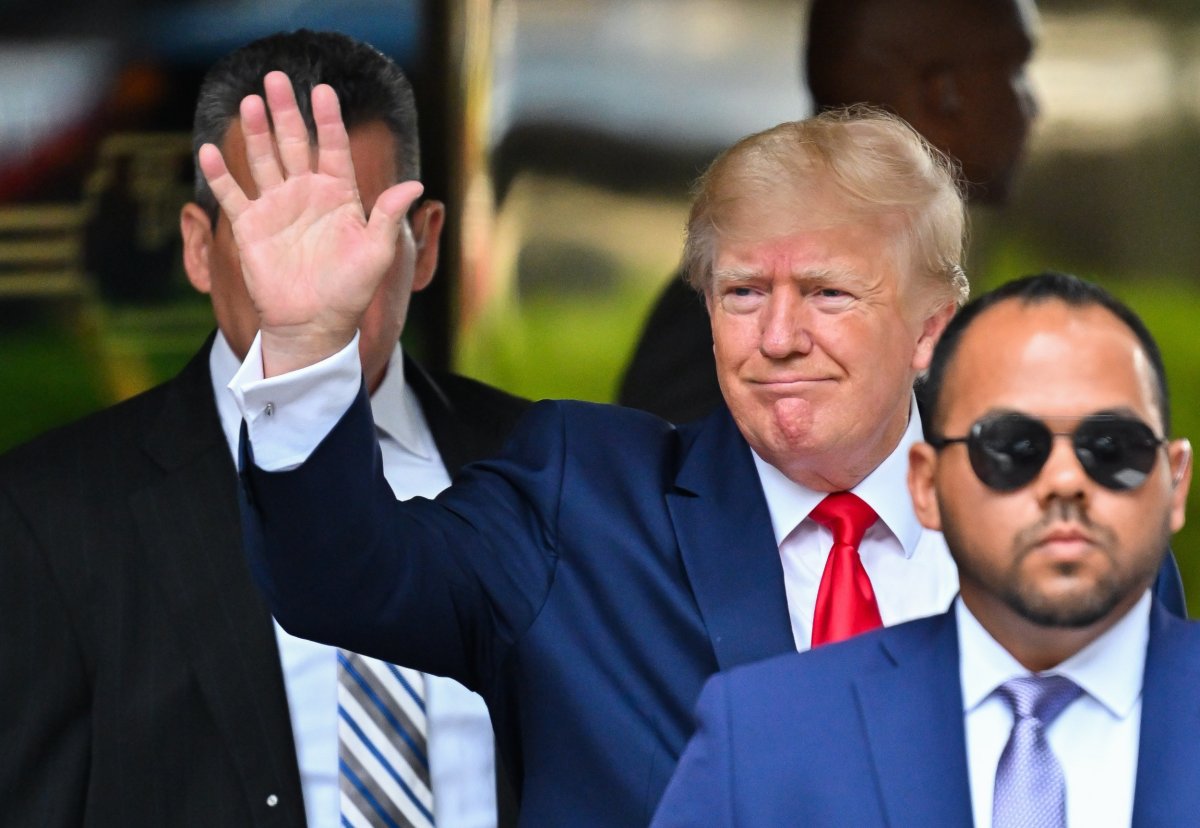Mark Zuckerburg made a headline-making appearance on Joe Rogan's podcast where he claimed Facebook suppressed a New York Post story about Hunter Biden's laptop.
On Rogan's podcast, Zuckerburg explained the decision to limit users' ability to share the article was prompted by a general warning to Facebook from the FBI in the weeks leading up to the 2020 presidential election of "some kind of dump" of disinformation.
It cited Russia's use of social media platforms like Facebook to influence voter attitudes ahead of the 2016 election.
That decision—made just weeks before the 2020 presidential election—was controversial at the time, prompting both Zuckerberg and Twitter CEO Jack Dorsey to later admit missteps over the approach the platforms took.
Nevertheless, the social media platforms' move to restrict sharing of the article set off a firestorm among conservatives, who claimed the Silicon Valley giants were seeking to assist Biden's chances at election by burying unflattering stories involving him.
Recent suggestions that the FBI could have played a part in the making of that decision, however, further galvanized figures, including Trump himself, who claimed the warning was proof that actors within the FBI were working to influence the 2020 presidential election against him.
"This is massive FRAUD & ELECTION INTERFERENCE at a level never seen before in our Country," Trump posted on his social media platform, Truth Social, on Monday.
Trump claimed, without evidence, that the FBI knew that the release of the laptop story would have allowed Trump to win the 2020 election, which he ultimately lost due to some thin margins in critical battleground states like Arizona, Georgia and Pennsylvania.

To rectify the alleged effort to rig the election, Trump said somebody (he doesn't elaborate who) should declare the "rightful winner" of the 2020 election—i.e. Trump—or declare the result of the 2020 election to be corrupted and hold a new election in its place.
"The Presidential Election was BADLY & IRREPARABLY TAINTED by the FBI's FAKE description of the 'Laptop from Hell' to Facebook & the LameStream Media - & for MANY other reasons as well," Trump wrote. "Declare the rightful winner, or hold a new Election, NOW!"
Can Elections Be Overturned?
Trump's primary claim is unambiguous: that the government has the right to overturn the result of an election and hold a new one.
There is some precedent for elections to be overturned. Earlier this summer, for example, the result of a city council race in Compton, California, was overturned after it was found that one of the candidates rigged the vote.
It gets a little more complicated at the federal level, however.
While electing a president is often considered a unified national affair, presidents are actually elected in a series of 51 separate elections to choose electors who will represent the state's vote at the Electoral College. The U.S. Constitution has no language allowing any avenue to overturning their decision once certified by Congress.
"There is no possibility of a federal court overruling the decision of Congress," James Gardner, a constitutional law professor at the University of Buffalo, told Newsweek. "That's because the identification of the winner of the Electoral College vote is a 'political question,' meaning in this case that the authority to make a final decision is expressly allocated by the Constitution to an actor other than the courts—Congress—and the federal courts thus have no authority to review it."
An electoral vote can be overturned by individual states in an instance where a violation of state law is found to have happened by the courts. However, that burden of proof is a high bar to reach. Gardner said elections can only be overturned for failure to follow controlling law, which is overwhelmingly state law.
"You'd be looking mainly to state courts to police this," Gardner said. "And in no event would you be looking to a state legislature or Congress."
Will 2020 Election Be Overturned?
While there is an avenue to overturn the results of a federal election, it is long and arduous. Trump would be required to try each case in state court and then prove that an FBI agent's alleged bias and the independent decisions of two social media networks to censor a single news story actually violated any state laws.
So in this case, that is technically possible, but in practice extremely unlikely. It is not illegal for private companies like Facebook to decline to post information or to post false information, nor is it illegal for the FBI to reveal or conceal information.
And even then, one would still need to prove intent to manipulate the result of an election by engaging in the legal act of deciding what to post or not to post.
"There is no instance I know of in which an election has been successfully impugned in a court of law based on the misleading of voters," Gardner said. "One reason is that one would have to be able to prove that a particular instance of falsehood so influenced public opinion as to change the outcome, which is basically impossible."
Uncommon Knowledge
Newsweek is committed to challenging conventional wisdom and finding connections in the search for common ground.
Newsweek is committed to challenging conventional wisdom and finding connections in the search for common ground.
About the writer
Nick Reynolds is a senior politics reporter at Newsweek. A native of Central New York, he previously worked as a ... Read more
To read how Newsweek uses AI as a newsroom tool, Click here.








